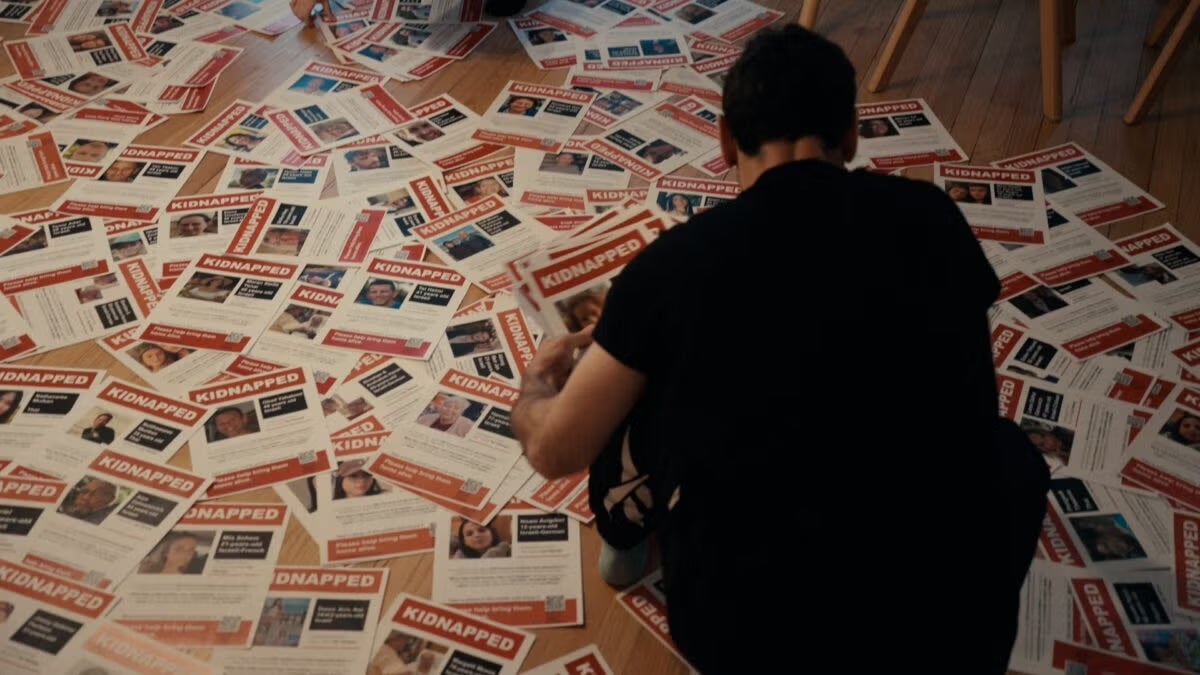Israel Moves To Curb Haifa Pollution as Birth Defects Rise

Image by Getty Images
Responding to a new University of Haifa study indicating that pollution from nearby factories may be causing birth defects in the Haifa area, Israel’s environmental protection minister pledged to take “drastic” measures.
On Monday, Avi Gabai convened an emergency meeting with Health Minister Yaakov Litzman and said that if additional studies confirm the university’s findings, the government is prepared to close factories if necessary, the Times of Israel reported.
Several oil refineries, power plants and chemical manufacturing factories are located in or near Haifa, which is also a busy shipping hub.
Gabai said the government has a plan to cut pollution in half by 2018, but did not provide details.
While previous studies found higher rates of cancer among Haifa residents than those elsewhere in Israel, the new study, made public on Sunday, also found that newborns in Haifa have smaller-than-average heads and low birth weights.
Last April, hundreds of Haifa residents held demonstrations to protest local pollution following reports that the Health Ministry’s chief of public health services had found that half of the cases of cancer in Haifa children were due to the city’s air pollution.
The new study describes the neighborhoods of Kiryat Haim, Kiryat Bialik and southeast Kiryat Tivon as the epicenters of pollution-related disorders, and says residents there are five times more likely to develop lung cancer and lymphoma than those living elsewhere in the country, according to the Times of Israel.
Haifa is Israel’s third-largest city and its most ethnically mixed. Approximately 10 percent of the city’s population is Arab-Israeli.
















